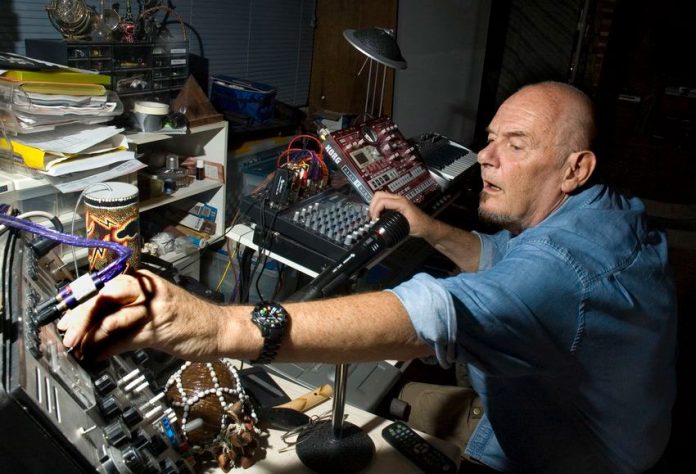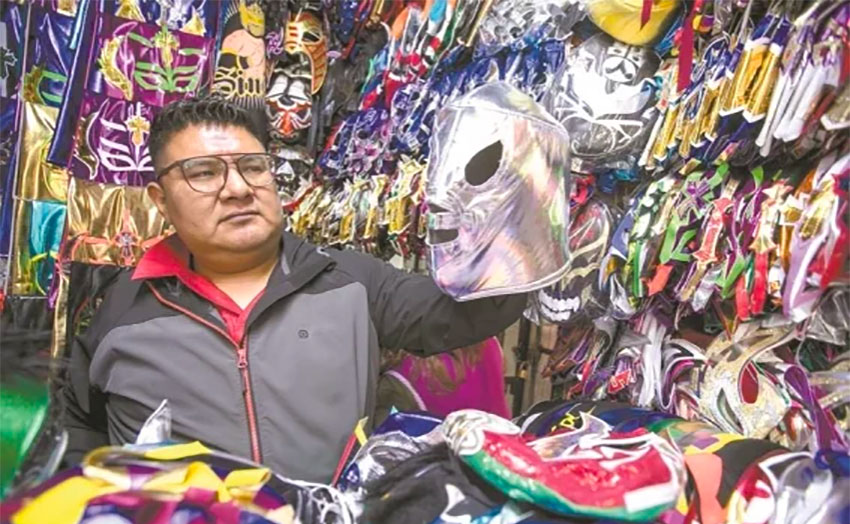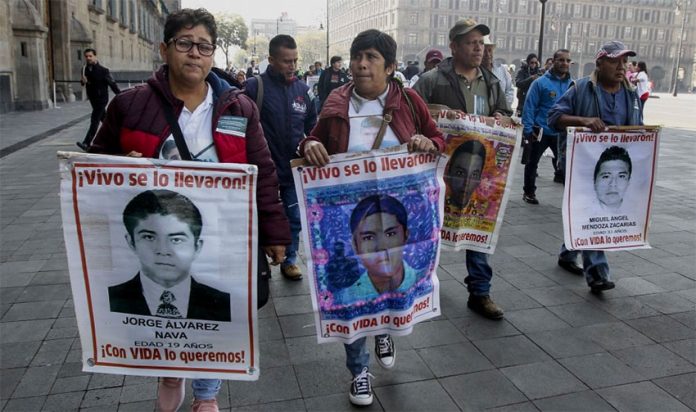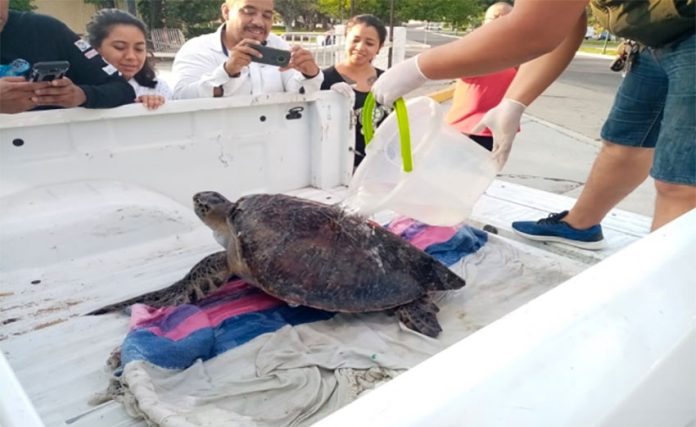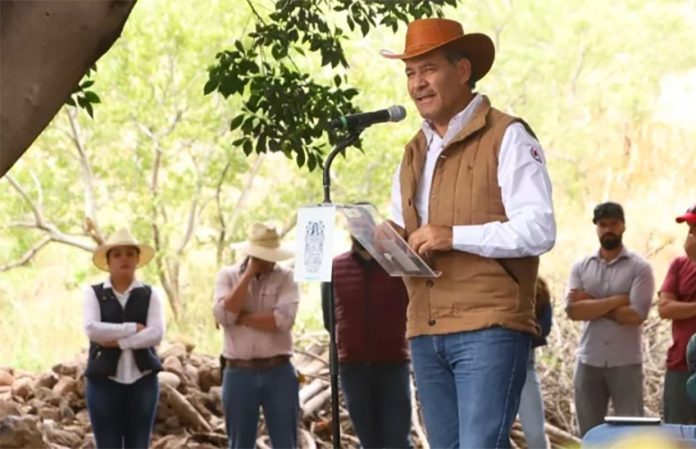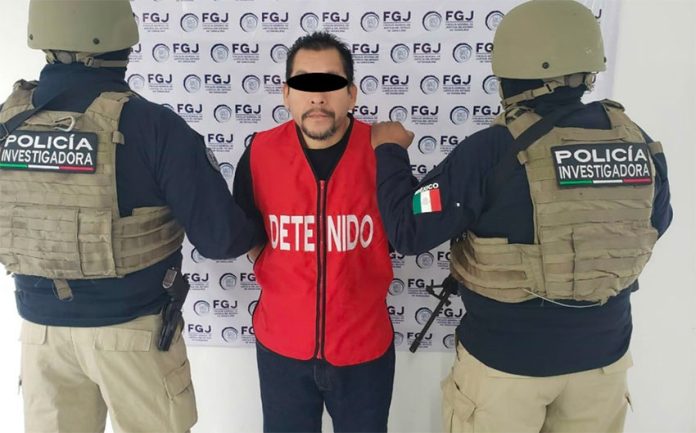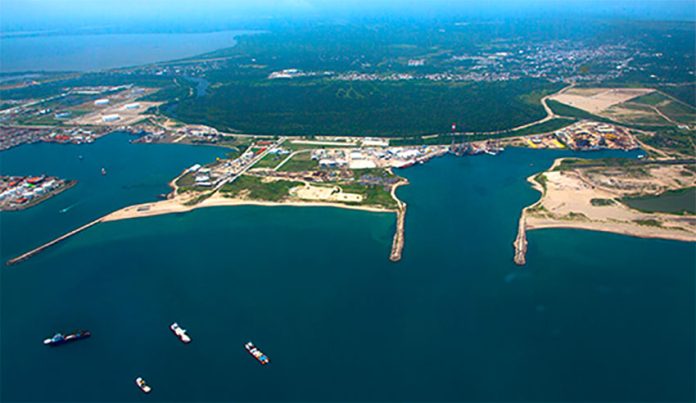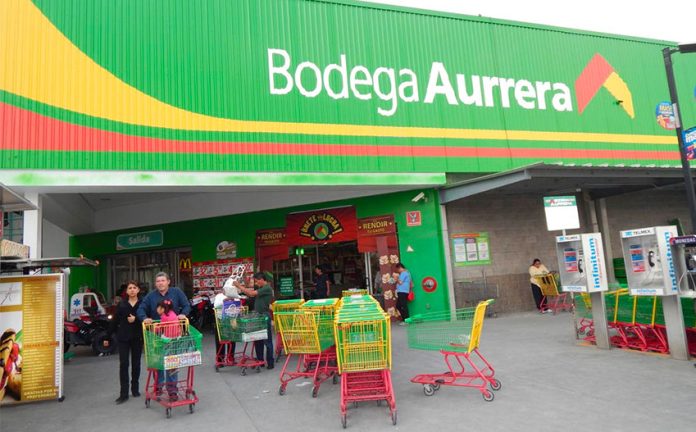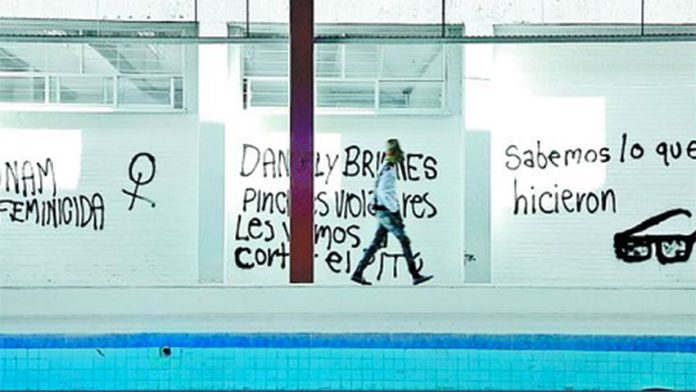Belgian-born electronic music pioneer Joel Vandroogenbroeck died suddenly and unexpectedly on December 23 in the state of Jalisco where he had been living for the last 30 years.
Although the 81-year-old composer and musician had survived heart attacks and broken bones, it was septic shock that ended his unusual and colorful life.
As his neighbor and friend, I can attest that right up to the very end, Joel retained a childlike sense of humor and wonder that everyone found irresistible. His very last words to me came over the telephone:
“John, I found some very interesting information supporting the idea that world is really flat — we have to get together and talk about this.”
That was Joel — and when I went to the funeral home to gaze upon the white, plastic-looking face that the mortician was passing off as “him,” I fully expected to see one of those pasty eyes pop open and wink at me — that would have been a true Joel-style final farewell.

Joel always claimed he came to Mexico “by accident.” The roots of this accident are in a composition of his called Animal Farm, which won first prize in the Synthesizer Tape Contest held annually by the Japanese company Roland, which had produced the world’s first electronic piano. This resulted in his being invited to San Francisco in 1984 for three months by the Djerassi Foundation, along with other Swiss artists.
“I loved San Francisco,” Joel told me, “and I wanted to stay for an extra month, but the dollar was so high (in relation to the Swiss franc) at that time that we had no choice but to go back home. But then somebody told us, ‘Why don’t you go to Mexico? There was a devaluation yesterday: more than 60%!’ So we took the train to Los Mochis and stopped in Creel where I experienced a real case of culture shock. I saw pistoleros and Indians and felt like I had gone 200 years into the past.
“Eventually we reached Guadalajara where I made friends and spent a month in Ajijic, which I found fascinating. I was so impressed that I came back again year after year and then one February I returned to Switzerland and found temperatures of 10 below zero and a meter of snow. Somewhere under that snow was my little white car, but it took me two days to find it. And that was the straw that broke the camel’s back. I said, ‘No more winter!’ I sold everything, gave away or burned the rest and came to live here. And I like it ─ there’s something magic about Mexico.”
Joel Vandroogenbroeck was born in Brussels, Belgium, where he started his musical career at the age of 3. “There was a piano in the house,” he says, “so I just started to play it.” Following in Mozart’s footsteps, he gave his first concert when he was 5 years old to a plaza full of American soldiers who had come to liberate Belgium in 1944.
Eventually a friend introduced him to “a new kind of music played by people like Dizzy Gillespie, Charlie Parker and Thelonious Monk.” Joel then began to play jazz, forgot about school and regularly slipped out the window at night to frequent jazz clubs, which resulted in his receiving the Art Tatum prize as “youngest jazz pianist” at the tender age of 15.
When he reached 17, he announced to his parents: “Goodbye folks, I’m off to Africa.” He had been accepted as bass player in a jazz group invited to play in what was then the Belgian Congo. The impressions he received while in the Congo later resulted in the track Black Sand on the first Brainticket LP.

In time Joel broadened his musical horizons as he discovered African and Indian music as well as the 60s sounds of the Beatles and Jimi Hendrix. This resulted in the album Brainticket, one of the first to use electronic effects. “That was before the synthesizer,” Joel explained to me, “and we actually used an untuned short wave radio to produce a lot of the surrealistic sounds in the album.”
Amazingly, in between his concerts of psychedelic music, Joel VDB, as many called him, managed to find time to do in-depth research in Bali on their traditional Gamelan music. “The music that they play is very important for their religion,” he told me. “They have to make music morning, noon and night; there’s no way out! So they shut off the radio and start to play. By the way, out of Bali came what we call minimalist music today, the kind of music played by Philip Glass and Steve Reich.”
In Bali, Joel learned both to play and to manufacture the local instruments and eventually started a Joged Bumbung Band. “Everybody thought I was crazy,” he said, “but it was a big success. We even did concerts throughout Europe, accompanying these Balinese instruments with gongs, strings, flutes and other classical instruments, which made a very good combination.”
Back in Mexico many years later, in 1995, the Jalisco Philharmonic presented one of the most unusual ─ and most successful ─ concerts in its history.
On two occasions Guadalajara’s Degollado theater was filled to overflowing by enthusiastic audiences who had come to hear a harmonious blending of jazz, rock, synthesizer and classical instruments all presented under the encompassing title of “Obras [works] de Joel Vandroogenbroeck,” a composer, the Philharmonic announced, who was quietly writing music on three Atari computers in his little cabin lost in the pine-covered hills west of Guadalajara.
Eventually entrepreneurs in the U.S.A. discovered the whereabouts of the legendary Joel Vandroogenbroeck and told him that his music of the 1970s was not only well remembered, but still so popular that they wanted to re-release as many as possible of his past records.
[soliloquy id="98076"]
“I discovered there were about 100 bootlegs of Brainticket out there,” the composer told me with a laugh, “and one of the albums included in this new release by Cleopatra Records, called Live in Rome, is a recording I never even knew existed!”
Cleopatra eventually organized The Space Rock Invasion USA Tour in 2011 and Joel plus a revitalized Brainticket band toured the country from New York to California. Afterwards, he told electronic music aficionado Jerry Kranitz, “This has been fantastic for me . . . I met some people on this tour who knew Brainticket, and they came with the original albums and wanted me to sign them. One even had a tattoo: a Brainticket tattoo! I’m really amazed at the response to all this.”
Now that he is gone, more anecdotes are popping up about Joel Vandroogenbroeck: he was, they say, a close friend of professor Albert Hofmann, the inventor of LSD. For a while he lived in the same house as Hermann Hesse. He wrote music for H.R. Giger, the painter who created the extraordinary images of the film Alien.
He once had a morning cappuccino with the legendary Federico Fellini at his favorite bar at Piazza del Popolo. He recorded for Maestro Ennio Morricone. He used to play music with Mussolini’s son, a talented pianist. His first wife was a beautiful fashion model, the darling of the European royal families. His first album was banned in most countries because “listening to it might destroy your brain.”
His very last recording was Sunset (2013) with William Shatner. Does all of this sound like a blurb for a TV series? Don’t say I didn’t warn you!
No doubt many more stories will come to light, but most important of all is the fact that Joel Vandroogenbroeck’s music truly touched the lives of many people. Electronic music historian Dave Thompson says he purchased a Brainticket album as a schoolboy for pennies (at a junk shop) and discovered what he calls a whole new world: “I entered the world of Joel Vandroogenbroeck. And I can safely say that I have never been any place quite like it since then.”
—John Pint
